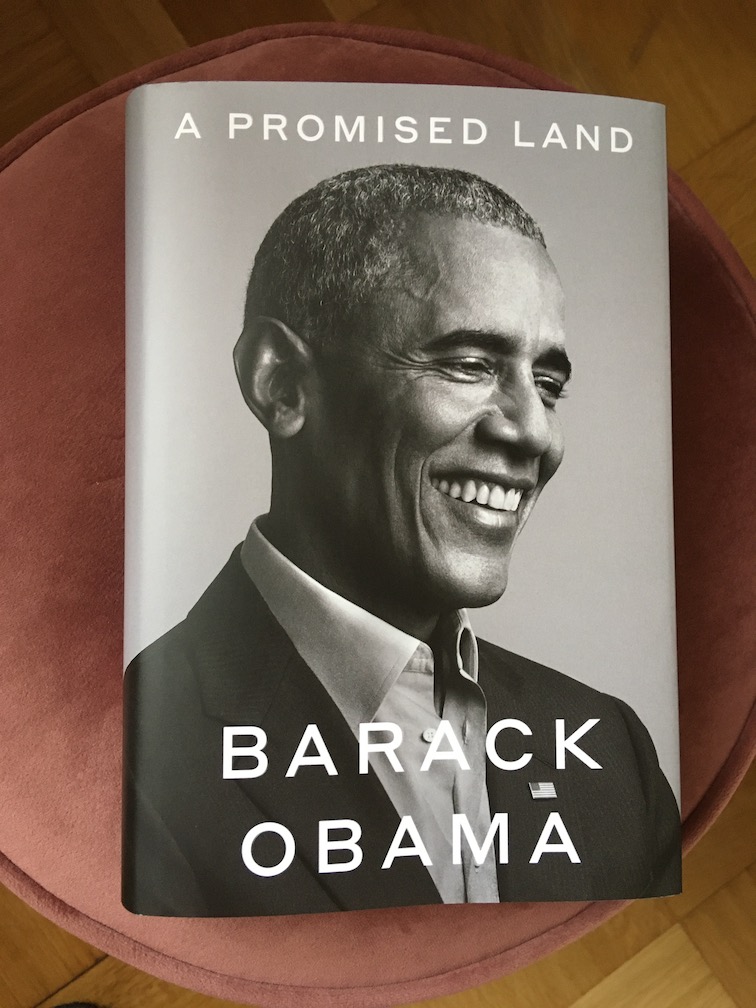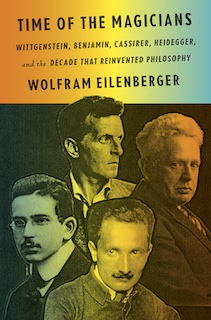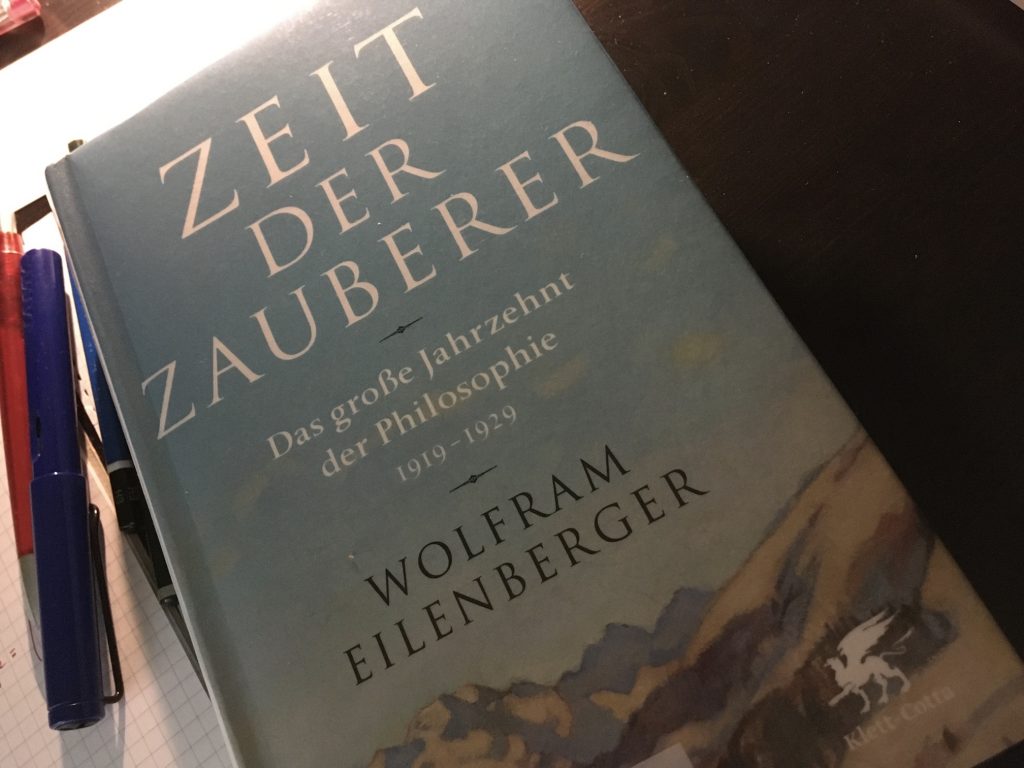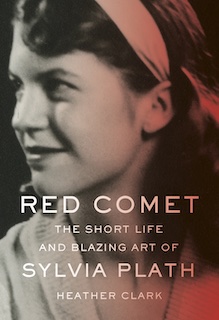“The Fire This Time” ed. by Jesmyn Ward (2016)
Recently, I enjoyed very much picking my way through this 2016 selection edited by Jesmyn Ward; someone I have been truly thrilled to discover in recent years. Presumptuous of me perhaps, but I think I have read enough of Ward’s work and garnered enough information about some of the known aspects of her life, to understand her concerns as a writer and how her identity as a Black Southern woman is the beating heart of her creative output.
A project that came out of Jesmyn Ward’s anger and frustration, not just at the 2012 killing of Trayvon Martin (to whom amongst many she dedicates the book) but long simmering within from the violent deaths of young black men close, very close, to her. Collected are some of the voices of a generation of Black writers, in the middle of life like herself, who articulate in their own personal and creative way their anger, their fear, their grief, but never without hope. Her introduction expands upon her motivation and intentions, and is a valuable piece in and of itself.
Ward makes a further contribution of her own in an essay called “Cracking the Code”, which is a very interesting appraisal of her personal genealogy and is, in itself, exemplary of the intricacies of race and how it manifests over generations; not just biologically but in the stories told and assumptions made. Now, given her roots in the Mississippi delta, Ward knew enough from family lore to surmise a broad mix – African, Native American, Creole, European – but the results of a 23andMe test gave her pause for thought. Strongly identifying as Black all her life, and that it surely followed that her ancestry must lay predominately on the African continent, Ward was momentarily taken aback when the analysis in fact concluded her to be of thirty odd percent sub-Saharan African ancestry and in fact forty odd percent European. The discrepancy is relatively small, but it bothered her. Who am I?
But it was only a momentary distraction, for Ward then rationalises genetic information to be that which it is, one piece only of the puzzle – just as relevant, or more so, is the familial, societal, cultural history that formed her and which she embraces (and which embraces her back). Nor does she throw the baby out with the bath water, so to speak – Heaney, Larkin, Harry Potter amongst others are more than welcome still in Jesmyn’s world. (And, Doctor Who! The Doctor? I ain’t ever met a Doctor fan that I didn’t like – even if my original Doctor is of an earlier regeneration.)
Also, and she doesn’t mention this, but any DNA databank is dependent on input, and is always expanding, and as time goes on that affects the analysis parameters. Should Jesmyn have another test now, some years on, she would almost certainly find that again she is not exactly that whom she thought she was. In some ways, the reading of the code, if not the code itself, is as fluid as the greater identity of any person through a lifetime.
Continue Reading…




